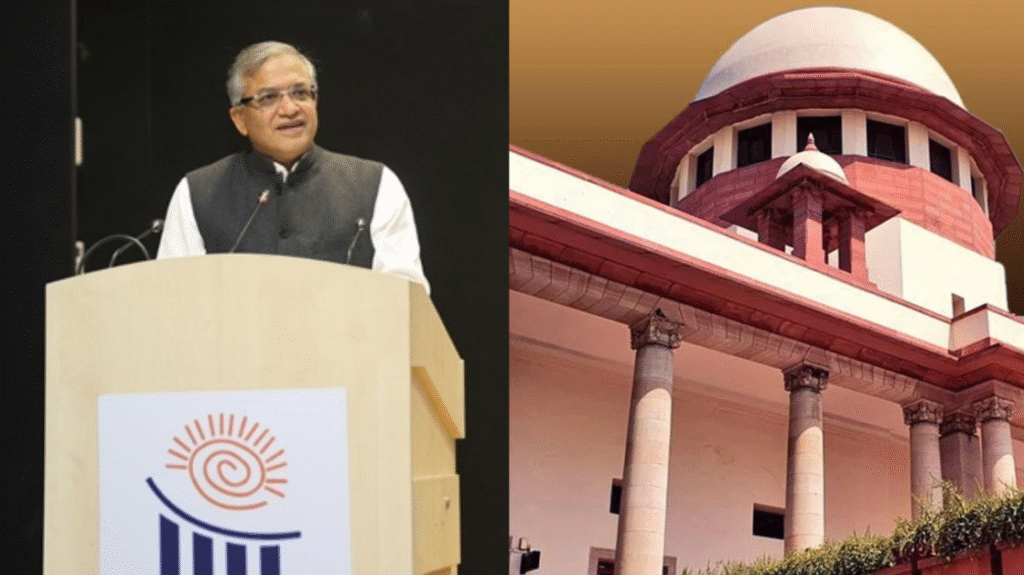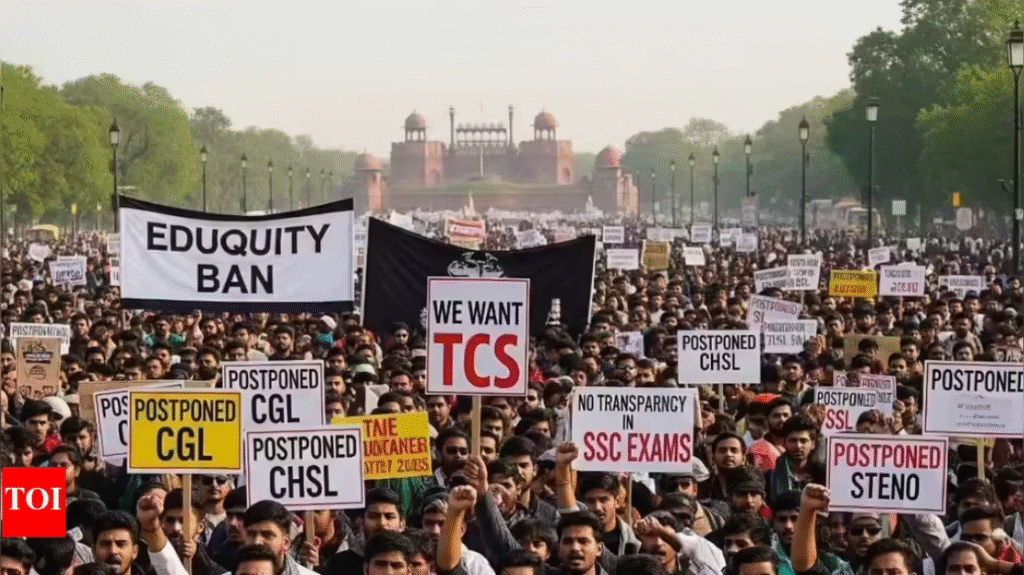In a decisive measure aimed at revamping electoral integrity, the Supreme Court has directed the Election Commission of India (ECI) to publish details of 6.5 million names removed from Bihar’s voter lists following a Special Intensive Revision (SIR). The deleted entries were uploaded to official portals within just 56 hours of the Court’s order—a move hailed as a victory for transparency but also raising logistical and humanitarian concerns.
What Triggered the SIR Push?
Opposition parties had long decried the electoral rolls in Bihar as bloated with duplicates, incomplete addresses, and the names of the departed. Responding to public interest litigations, the Supreme Court ordered the SIR ahead of the November assembly elections—with a mandate to cleanse the rolls swiftly and fairly.
Race Against Time: ECI’s Compliance
On August 14, the Supreme Court posted a deadline: publish the deleted list by August 19. The Election Commission rose to the challenge, uploading the list within 56 hours across CEO and District Magistrate portals linked directly to ECI’s voter services portal. Citizens can search by EPIC, name, or constituency booth to spot discrepancies and file objections.
Ensuring Fairness: What the Publication Includes
Each deletant entry—available as searchable PDFs—contains:
- Serial number
- EPIC number, voter’s name
- Relative’s name
- Original part details, age, gender
- Reason for deletion (e.g., duplicate, incomplete form, deceased)
Further, the portal permits claim submissions using Aadhaar as identity proof, emphasizing the EC’s commitment to accessibility irrespective of digital fluency.
Editorial Pulse: The Hindu Weighs In
An editorial in The Hindu lauded the EC’s swift action but warned: “Roll Recall is overdue… transparency is essential, but so is the humane handling of exclusions.” The article argued that while judicial enforcement is warranted, the public’s understanding and administrative preparedness must keep pace.
Legal & Political Implications
| Issue | Analysis |
|---|---|
| Due Process | Deletions absent consent risk disenfranchisement if claim processes are weak. |
| Administrative Efficiency | Upload speed shows capability—but also increased pressure on under-staffed offices. |
| Political Fallout | While purging is necessary, states may resist blanket deletions due to constituencies being affected. |
| Judicial Oversight | The SC may now monitor compliance closely—fines or penalties may follow if EC fails. |
What Comes Next?
- Public Engagement: Authorities need wide public outreach—via newspapers, TV, social media, and local booths—to inform voters of the changes and claim process.
- ECI Accountability: The Commission must submit a compliance report ahead of the August 22 hearing detailing objections, rectification rates, and resolution timelines.
- Broader Application: The SIR model may soon roll out to other polling states—a benchmark in ensuring electors’ lists reflect reality, not duplication.
Concluding Thoughts
The SIR action in Bihar marks a disruptive yet necessary step in Indian democracy—judicious, transparent, and inclusive. The ECI’s rapid compliance exhibits administrative zeal, but ground-level execution and public awareness remain pivotal to ensure no legitimate voter is left unrepresented.
As Bihar heads towards the polls, the integrity of its rolls—and the ease of rectifying errors—will serve as a litmus test for electoral justice across the country.
To read more Indian Laws and news, visit Legal Guide India



